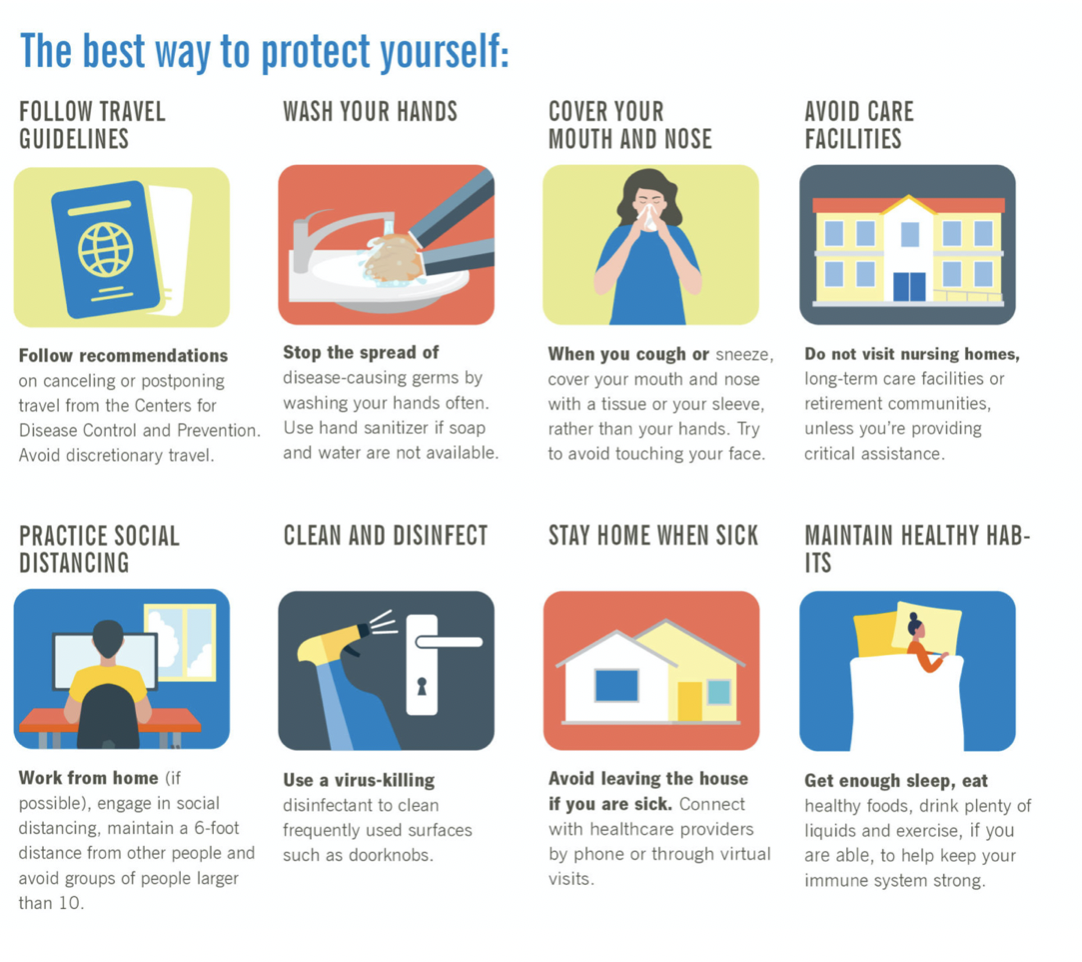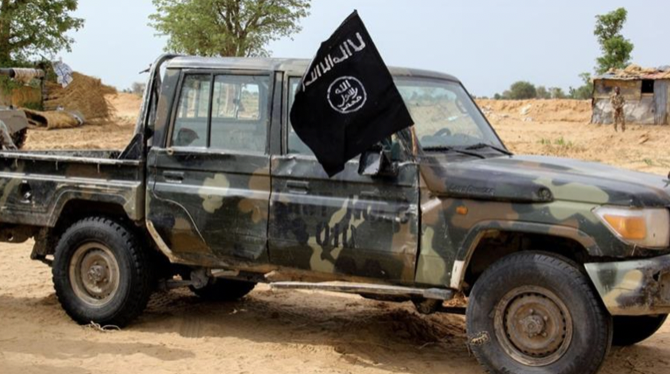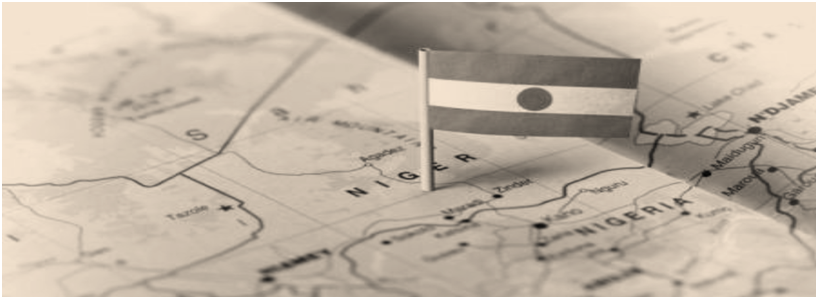
Weekly Highlights
- Niger military operations kills 75 Boko Haram terrorists
- Niger lifts curfew, allows mass worship
- Despite more border surveillance, migration flows to Europe continue
- Amid COVID-19 pandemic in Niger, government violates whistleblowers’ freedom of speech
- Niger exchange rate – Exchange rates West African CFA franc – USD = 606.288 XOF XOF= 0.00164938 USD
EXECUTIVE SUMMARY
Niger military operations kills 75 Boko Haram terrorists
Nigerien and allied forces from neighbouring states killed 75 Boko Haram insurgents in security operations earlier this week in the region where the borders of Niger, Nigeria and Chad converge, Niger’s defence ministry said. On Monday 11th May, troops from Niger’s contingent in the regional force carried out “aggressive reconnaissance” on the banks of the Komadougou River and clashed with Boko Haram fighters at a locality 74km (45 miles) South of Diffa, the defence ministry said. The Niger military said it seized a vehicle and two motorcycles, as well as arms and ammunition and other material for military use from the terrorists.
Niger lifts curfew, allows mass worship
The Sahel state of Niger has announced the end of a night-time curfew on the capital Niamey and reopening of places of worship that had been closed since late March under measures to contain coronavirus. “The government, after receiving proposals from religious leaders and after consultation with the COVID-19 experts´ committee, and in the light of the favourable trend of COVID-19 disease development, has decided to reopen places of worship as of Wednesday,” an official statement read on state radio said. The measure was widely expected in the Muslim-majority nation, where the government had already eased measures for Ramadan. The statement issued late Tuesday also said that the curfew imposed in Niamey was being lifted as of Wednesday.
Despite more border surveillance, migration flows to Europe continue
Many Africans are managing to evade coronavirus lockdown barriers in Niger, the Sahel’s migrant crossroads, as they press on with their perilous desert trek to the Mediterranean Sea and ultimately Europe. The migrant flow has slowed down but not dried up despite tight checks in the capital Niamey, and an increase of desert security patrols that have detained hundreds of people as desperate as ever to reach Europe, officials and former smugglers said. “Gambians, Senegalese, Malians, they are all determined to head there,” said Alassane Mamane, a retired civil servant who lives in Agadez, a desert crossroads and departure point for many migrants heading to Libya on the Mediterranean.
Amid COVID-19 pandemic in Niger, government violates whistleblowers’ freedom of speech
Information transparency seems to be the best way to fight the COVID-19 pandemic — as demonstrated by Taiwan, for example — but the government of Niger seems to be expanding censure beyond journalists to whistle-blowers and medical personnel. This makes for an even more volatile situation in Niger, a country that is already under threat from Islamist extremism. The first case of the virus in Niger was reported on March 19, 2020. As of May 8, there are now 781 cases reported, including the death by COVID-19 of the Nigerian Labour Minister on May 3.
Vouchers Covid-19: Niger collects 110 billion FCFA
As part of the Covid-19 pandemic, the State of Niger obtained on May 12, 2020 from investors operating on the financial market of the West African Monetary Union (WAMU) an amount of 110 billion FCFA (165 million euros) at the end of its 91-day treasury bill (BAT) auction called Covid-19 Vouchers. A strong bid of 416.700 billion FCFA from investors was listed by the WAMU-Securities Agency organizing the operation in coordination with the Central Bank of West African States (BCEAO) while the issuer was looking for only 100 billion FCFA. This gives a coverage rate of the amount put up for auction of 416.70%.
USEFUL INFORMATION
List of holidays in Niger 2020
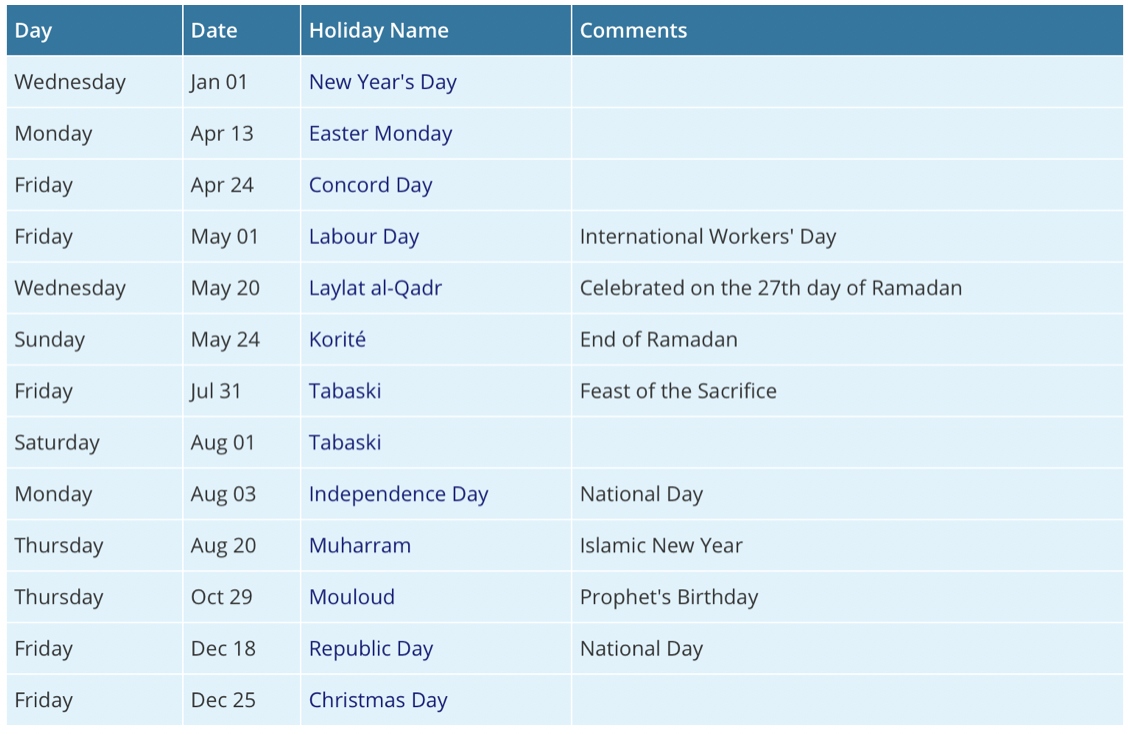
Exchange rates West African CFA franc
According to our most recent information (18th May 2020) the West African CFA franc has the following exchange rates.
The exchange rate from your own bank or credit card company will differ somewhat from the exchange rates as mentioned above. Your bank or credit card company might also apply additional international charges.
| USD = 606.288 XOF | XOF= 0.00164938 USD |
| EUR = 655.957 XOF | XOF= 0.00152449 EUR |
| **As at 18 May 2020 |
NIGER SECURITY AND RISK LEVELS
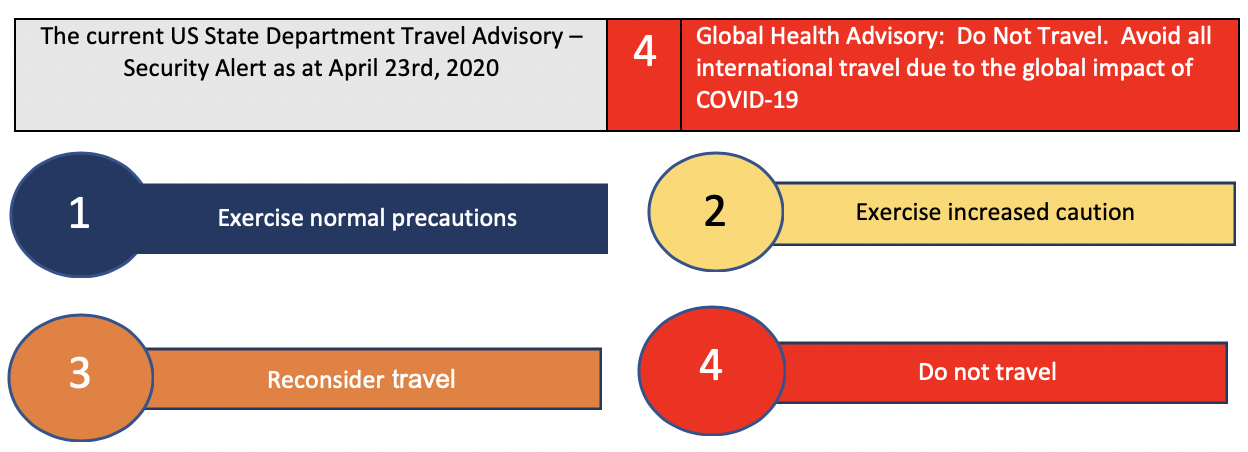
Event: The purpose of this notice is to remind everyone to increase personal awareness during Ramadan.
As with other religious events, terror groups sometimes attach symbolism to this special time and choose holidays to conduct attacks. Whenever possible, the Embassy recommends avoiding exposure to places where westerners frequently congregate such as certain restaurants and grocery stores. Be particularly vigilant around places of worship, locations where large crowds may gather, and government facilities.
Everyone should be aware that additional traffic accidents usually take place at sunset, around 1915 in the evening, as commuters rush home to break the fast.
International citizens to exercise caution as demonstrations can occur suddenly anywhere throughout the city. If you see a crowd forming, do not attempt to drive through it. Leave the area and use an alternate route.
International citizens in Niger should:
- Abide by the curfew and stay indoors between 9 p.m. and 5 a.m., if in Niamey.
- Avoid any areas with demonstrations.
- Review your personal security plans.
- Be aware of your surroundings.
- Monitor local media for updates.
Global Health Advisory
The Department of State advises U.S. citizens to avoid all international travel due to the global impact of COVID-19. In countries where commercial departure options remain available, U.S. citizens who live in the United States should arrange for immediate return to the United States, unless they are prepared to remain abroad for an indefinite period.
At present the Department of State is making every effort to assist U.S. citizens overseas who wish to return to the United States. As the Covid-19 situation develops, our ability to provide such assistance working with commercial airlines or arranging for evacuation flights may become more limited or even unavailable. In recent weeks, commercial airlines have significantly reduced flight schedules and countries have closed airports and borders with little advance notice. If you wish to return to the United States, you should make arrangements to do so now and contact the nearest U.S. Embassy or Consulate for assistance as needed. There is no guarantee that the Department of State will be able to continue to provide repatriation assistance and transportation options to the United States may be unavailable in the future. If you choose to remain overseas, you should be prepared to remain where you are for the foreseeable future.
U.S. citizens who live abroad should avoid all international travel. Many countries are experiencing COVID-19 outbreaks and implementing travel restrictions and mandatory quarantines, closing borders, and prohibiting non-citizens from entry with little advance notice. Airlines have cancelled many international flights and several cruise operators have suspended operations or cancelled trips. If you choose to travel internationally, your travel plans may be severely disrupted, and you may be forced to remain outside of the United States for an indefinite timeframe. For further information: COVID-19 Traveler Information
On March 14, the Department of State authorized the departure of U.S. personnel and family members from any diplomatic or consular post in the world who have determined they are at higher risk of a poor outcome if exposed to COVID-19 or who have requested departure based on a commensurate justification. These departures may limit the ability of U.S. Embassies and consulates to provide services to U.S. citizens.
If you decide to travel abroad or are already outside the United States:
- Consider returning to your country of residence immediately using whatever commercial means are available.
- Have a travel plan that does not rely on the U.S. Government for assistance.
- Review and follow theCDC’s guidelines for the prevention of coronavirus.
- Check with your airline, cruise lines, or travel operators regarding any updated information about your travel plans and/or restrictions.

NIGER INCIDENT MAPPING
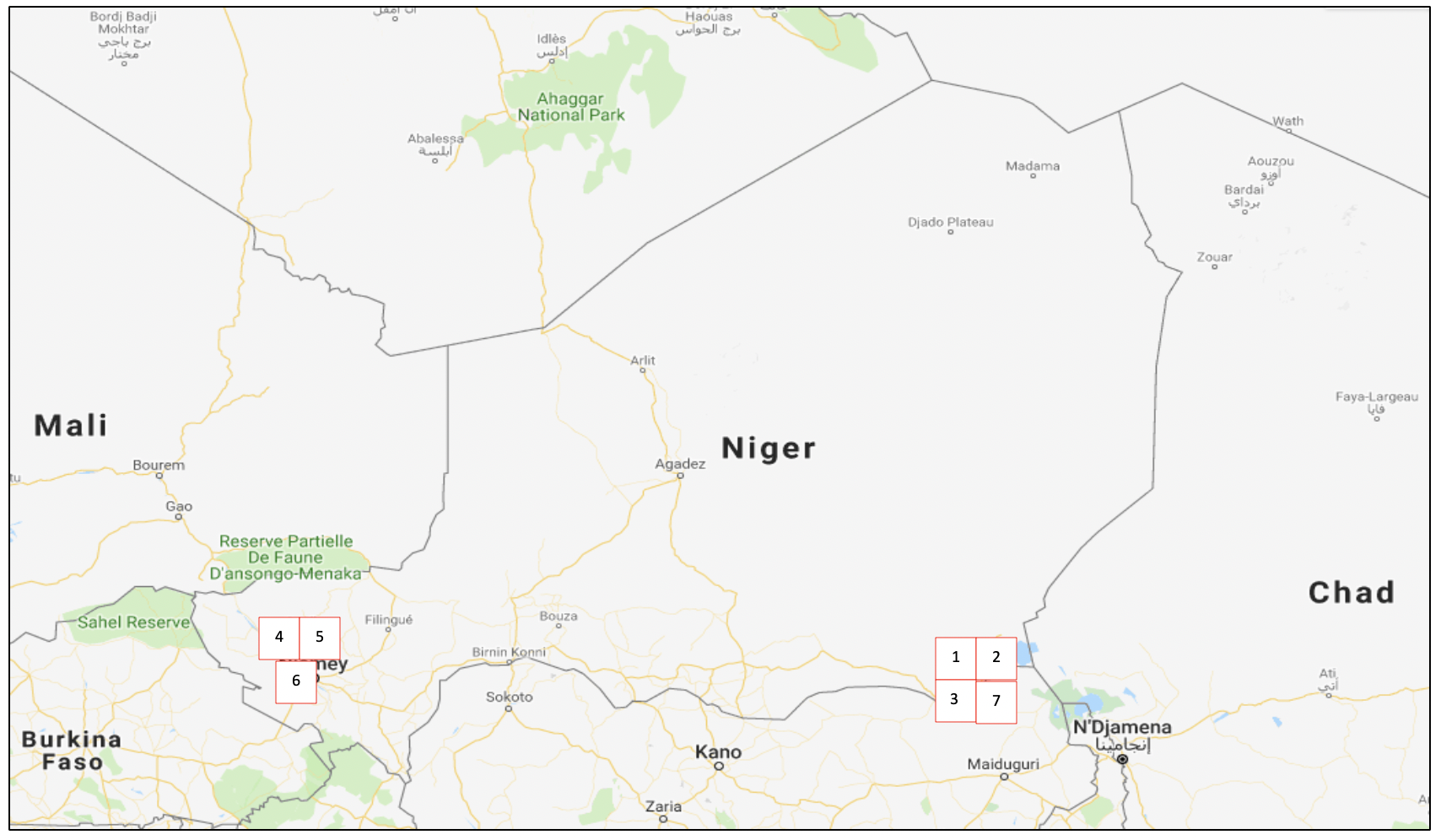
NIGER INCIDENTS IN DETAIL
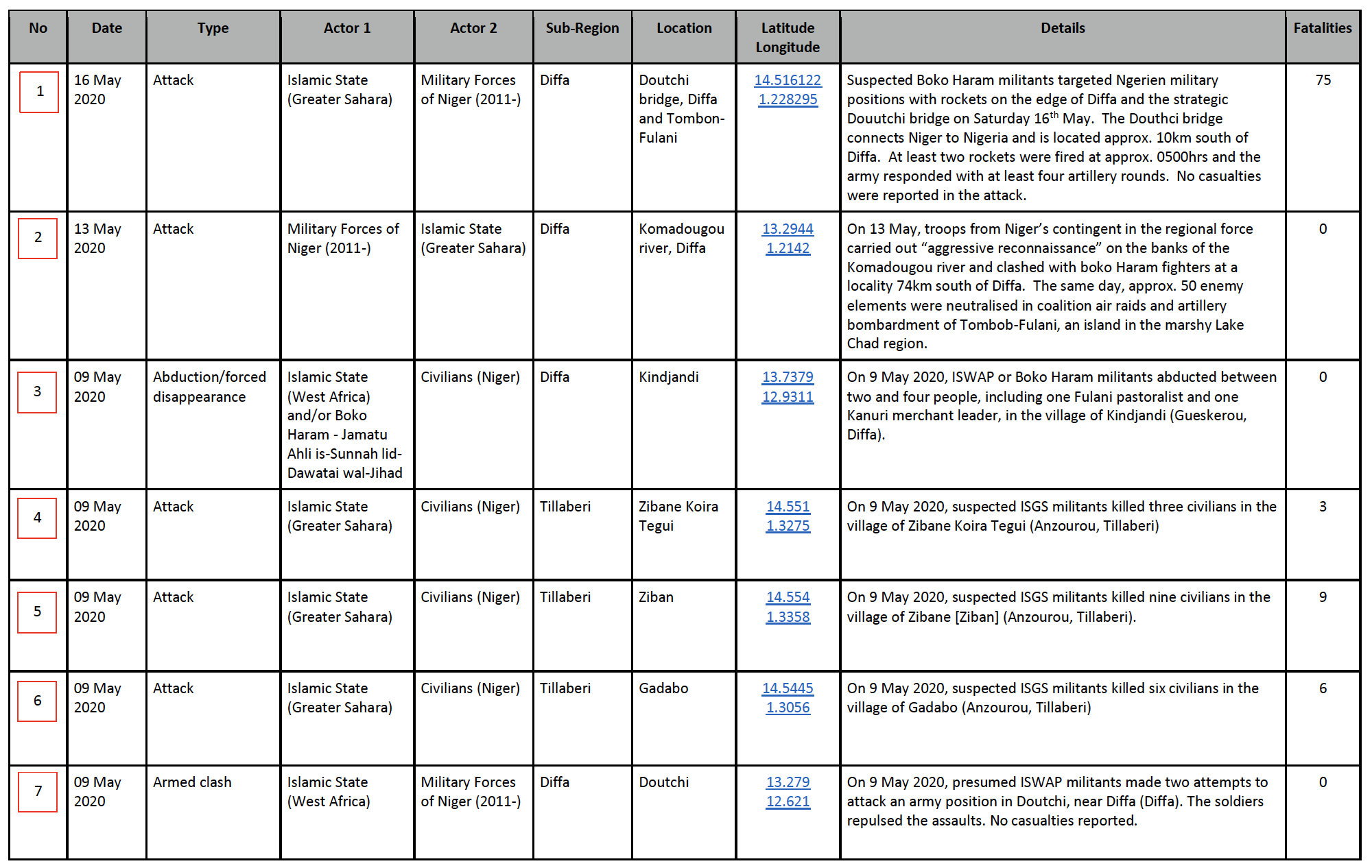
Niger says 75 Boko Haram fighters killed in two operations
Approximately 75 members of the Boko Haram armed group have been killed in the southeast Sahel state of Niger and in neighbouring Nigeria. Twenty-five “terrorists” were killed on Monday south of Diffa, the main city in southeast Niger, while “about 50 … were neutralised” on the same day on Nigerian soil in the Lake Chad region in two operations by a regional force, the defence ministry said in a statement quoted by the AFP news agency on Wednesday.
On Monday, troops from Niger’s contingent in the regional force carried out “aggressive reconnaissance” on the banks of the Komadougou river and clashed with Boko Haram fighters at a locality 74km (45 miles) south of Diffa, the ministry said. “All the terrorist group” comprising 25 combatants was killed, it said, adding that two soldiers were injured. The same day, approximately 50 “enemy elements” were “neutralised” in coalition air raids and artillery bombardment of Tombon-Fulani, an island in the marshy Lake Chad region in north-eastern Nigeria, the defence ministry added. “Shelters and logistical dumps” were also destroyed, it said.
Fighters carried out a major attack against a Nigerien military camp outside Diffa on May 3, killing two soldiers and wounding three others, according to the government.
Boko Haram has killed more than 36,000 people and caused the displacement of nearly two million from their homes in north-eastern Nigeria since 2009. The violence spilled over into neighbouring Sahel countries in 2015, especially in the Lake Chad region, where the borders of Cameroon, Chad, Niger and Nigeria converge. Diffa, a city of 200,000 people located near the Nigerian border, has been repeatedly attacked.
The region is home to 120,000 refugees from Nigeria as well as 110,000 people internally displaced within Niger, according to UN data released in October. The countries about Lake Chad, together with Benin, have set up a combined group, the Multinational Joint Task Force, to counter the fighters.
POLITICAL OVERVIEW
The Bharti Airtel Group under the clairvoyance of its General Manager in Niger, Mr. Abdellatif Bouzeini, made a major donation of a check for sixty-five million CFA francs (65,000,000) to support the Niger authorities in order to control this world enemy, (COVID-19). The ceremony for this donation took place this morning at the Palais de Congrès where the Director of Airtel Niger, Mr. Abdellatif Bouzeini gave the check to Ms. Hadari Zeinabou Garba, Deputy Director of the Prime Minister’s Office, in the presence of members of the National Committee to fight COVID 19. Shortly before the donation was received, Airtel Niger’s CEO, Mr. Abdellatif Bouzeini, on behalf of the staff of his company, offered his condolences to all the families bereaved by COVID-19. Indeed, Messrs Abdellatif Bouzeini recalled that, beyond its mission as a commercial enterprise, Airtel Niger has always been concerned with improving the living conditions of the populations in which it conducts its activities, by participating in authorities’ efforts in the basic social sectors.
The parliamentarians meeting in plenary session, under the chairmanship of Mr. Ousseini Tinni, president of the said parliament, proceeded, this Friday May 08, 2020, to the adoption of four (4) bills to extend the state of emergency in the regions of Tahoua, Tillabéry and Diffa. These are the orders of 07 April 2020 extending the state of emergency in the department of Filingué (Regions of Tillabéry); in the Diffa region; in the regions of Tillabéry, (department of Ouallam, Ayarou, and Bankilaré, Abala, Banibangou, Say, Torodi and Téra), Tahoua (Departments of Tillia and Tassara), and in the departments of Tillabéry and Gothèye (Tillabéry region). Remember that all of these areas have experienced a situation of insecurity in recent months linked to the recurrent attacks by Boko Haram and other armed bandits who scour these regions.
The Italian Ambassador to Niger, Marco Prencipe, was received in audience on May 12, 2020 by the President of the Republic Issoufou Mahamadou. The Italian diplomat came to transmit to the Head of State a letter from the President of the Italian Council of Ministers Giuseppe Conté. A letter in which Giuseppe Conté reaffirms “Italy’s intention to remain firmly alongside Niger, in a spirit of deep friendship, to face the complex challenge of security, stability and development in the region from the Sahel. It is a commitment that we intend to pursue with a sense of responsibility, even if we must take into account the difficult moment which our countries are facing to face the serious planetary emergency caused by the Coronavirus, “underlined the Ambassador of Italy at the end of the hearing. The Italian envoy took advantage of the audience to discuss the state of cooperation between the two countries. A cooperative relationship that this European country wishes to further strengthen in the coming years.
MEDICAL REQUIREMENTS AND INFORMATION
Vaccinations required to enter the country
Proof of vaccination against yellow fever is required over one year of age entering the country. The government of Niger recommends vaccine for travelers departing Niger.
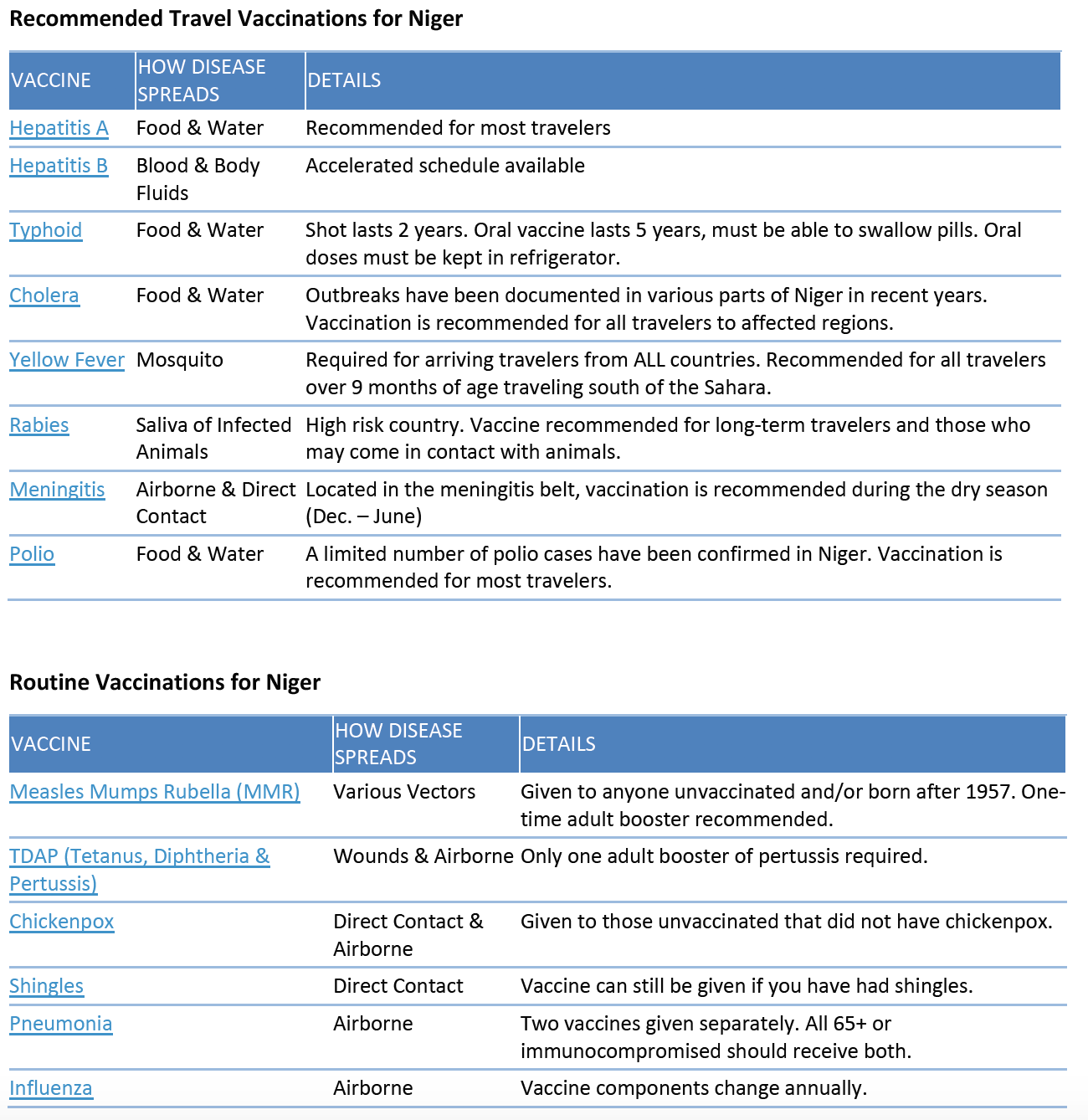
CORONAVIRUS DISEASE (COVID-19) ADVISE FOR THE PUBLIC
Protecting yourself and others from the spread COVID-19
You can reduce your chances of being infected or spreading COVID-19 by taking some simple precautions:
- Regularly and thoroughly clean your hands with an alcohol-based hand rub or wash them with soap and water. Why? Washing your hands with soap and water or using alcohol-based hand rub kills viruses that may be on your hands.
- Maintain at least 1 metre (3 feet) distance between yourself and others. Why? When someone coughs, sneezes, or speaks they spray small liquid droplets from their nose or mouth which may contain virus. If you are too close, you can breathe in the droplets, including the COVID-19 virus if the person has the disease.
- Avoid going to crowded places. Why? Where people come together in crowds, you are more likely to come into close contact with someone that has COIVD-19 and it is more difficult to maintain physical distance of 1 metre (3 feet).
- Avoid touching eyes, nose and mouth. Why? Hands touch many surfaces and can pick up viruses. Once contaminated, hands can transfer the virus to your eyes, nose or mouth. From there, the virus can enter your body and infect you.
- Make sure you, and the people around you, follow good respiratory hygiene. This means covering your mouth and nose with your bent elbow or tissue when you cough or sneeze. Then dispose of the used tissue immediately and wash your hands. Why? Droplets spread virus. By following good respiratory hygiene, you protect the people around you from viruses such as cold, flu and COVID-19.
- Stay home and self-isolate even with minor symptoms such as cough, headache, mild fever, until you recover. Have someone bring you supplies. If you need to leave your house, wear a mask to avoid infecting others. Why? Avoiding contact with others will protect them from possible COVID-19 and other viruses.
- If you have a fever, cough and difficulty breathing, seek medical attention, but call by telephone in advance if possible and follow the directions of your local health authority. Why? National and local authorities will have the most up to date information on the situation in your area. Calling in advance will allow your health care provider to quickly direct you to the right health facility. This will also protect you and help prevent spread of viruses and other infections.
- Keep up to date on the latest information from trusted sources, such as WHO or your local and national health authorities. Why? Local and national authorities are best placed to advise on what people in your area should be doing to protect themselves.
Advice on the safe use of alcohol-based hand sanitizers
To protect yourself and others against COVID-19, clean your hands frequently and thoroughly. Use alcohol-based hand sanitizer or wash your hands with soap and water. If you use an alcohol-based hand sanitizer, make sure you use and store it carefully.
- Keep alcohol-based hand sanitizers out of children’s reach. Teach them how to apply the sanitizer and monitor its use.
- Apply a coin-sized amount on your hands. There is no need to use a large amount of the product.
- Avoid touching your eyes, mouth and nose immediately after using an alcohol-based hand sanitizer, as it can cause irritation.
- Hand sanitizers recommended to protect against COVID-19 are alcohol-based and therefore can be flammable. Do not use before handling fire or cooking.
- Under no circumstance, drink or let children swallow an alcohol-based hand sanitizer. It can be poisonous.
- Remember that washing your hands with soap and water is also effective against COVID-19.
